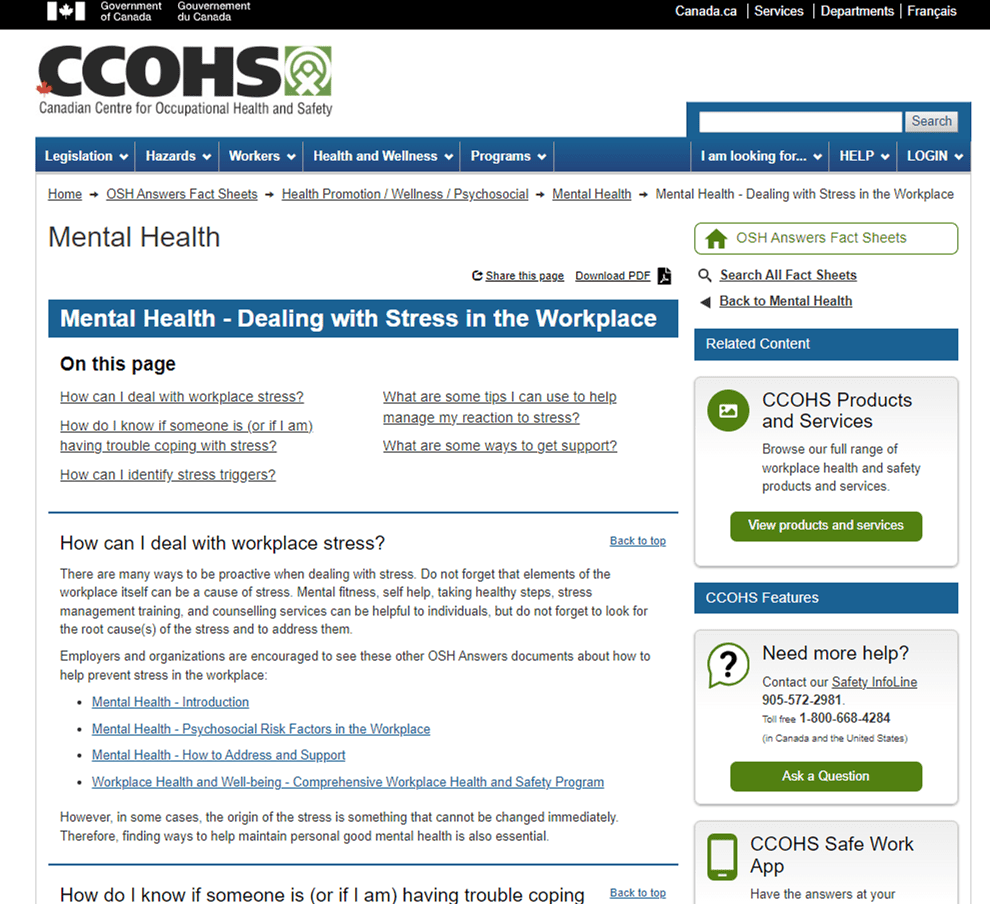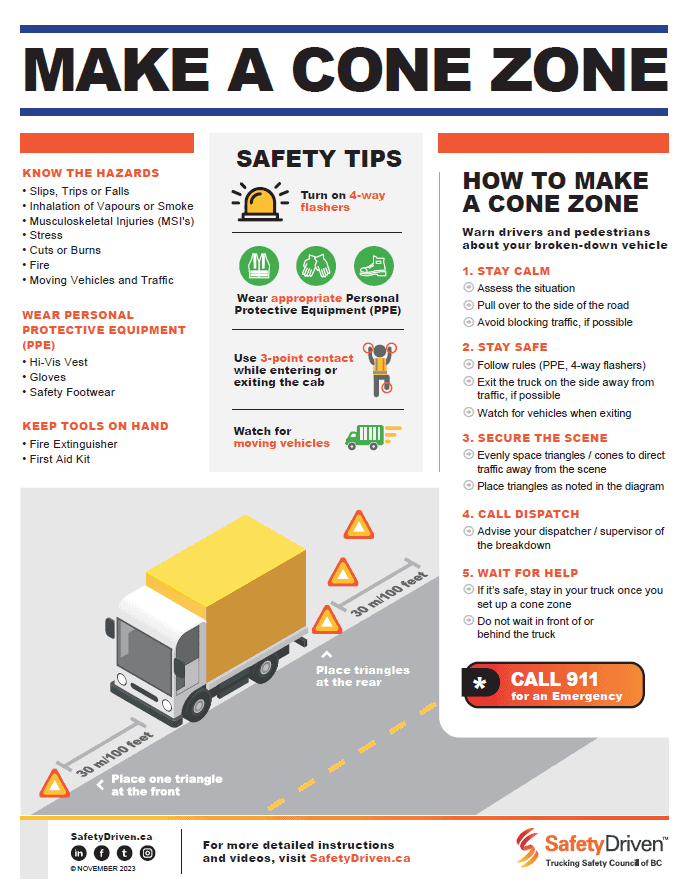
Not Eating Healthy on the Road Affects More than just the Scale
The one thing no-one talks about.
You always hear about not eating healthy on the road can affect your weight, but a common symptom for Professional Truck Drivers that isn’t talked about as much is constipation.
What is it?
A difficult to pass or hard stool can indicate constipation. Constipation can cause pain in the stomach and lower abdomen, bloating and/or a feeling that your bowels have not completely emptied after a movement. The frequency of bowel movements is less important than the texture and being pain free. Soft stools and regular bowel movements that follow your normal pattern is important. If you are having fewer than 3 per week, you may be constipated.
There are several causes of constipation:
– A diet that is low in fibre-rich foods
– Not drinking enough fluids
– Limited daily physical activity
– Not going to the washroom when you feel the urge
– Change in your daily routine such as travelling
– Side effects from iron or calcium supplements and some medications
– Diseases and health conditions such as: underactive thyroid, diabetes, celiac disease, irritable bowel syndrome and hemorrhoids
Note: No specific foods cause constipation. Cheese, milk or other dairy products do not cause constipation.
1. Increase your intake of high fibre foods. Fibre rich foods help improve constipation by holding liquid in the stools and keeping them soft
Daily Fibre Needs for Adults: Women need 25g and men need 38g of fibre per day
Examples of high fibre foods:
– Wheat bran
– Ground and whole flax seed
– Whole grain and whole wheat products such as breads, cereals, pasta, brown rice, oats, barley and quinoa
– Legumes such as beans, peas and lentils
– Vegetables and fruit with the skin left on
It’s important to slowly add high fibre foods to your diet to avoid gas, bloating, cramps and diarrhea. Read nutrition labels to find out the amount of fibre in the foods you eat. Choose foods which are higher in fibre.
Tips for Eating more Fibre on the Road:
– Bring cut vegetables and humus for a snack
– Add a cut orange or pear to breakfast or snack
– Sprinkle nuts or lentils on salad for lunch
– Make a smoothie and add ground flax seed and All Bran Buds
– Make Overnight oats for breakfast and sprinkle with hemp hearts
– Skip the fries and have salad with lunch
– Cover half your plate with vegetable at dinner
2. Increase your fluid intake. Fluids help to make the fibre work better.
It is important to stay hydrated. Fibre without fluid can make matters worse. Fluids help with digestion, getting rid of waste and keeping your bowels regular. Aim for 8-12 cups of fluid daily:
Hydrating Fluids includes water, milk, juice, coffee, tea, broth and soup. Your best beverage is water as it contains no calories.
Tips for drinking more water on the Road:
– Aim to have a few sips every 15-20 minutes
– Try infusing water with orange and lemon slices or cucumber and mint
– Consider drinking herbal tea (either hot or cold) instead of excess coffee
– Bring at least 2 water bottles for the day
3. Be Physically Active. Physical activity helps keep your bowels regular. The more you move the better your gut motility.
Health Canada recommends at least 150 minutes (2 ½ hours) of moderate to vigorous activity per week for adults or 30 minutes 5 times a week. Examples of moderate physical activity include; running, brisk walking, biking, gardening, swimming and x-country skiing.
Tips for adding Activity on the Road:
– Make a list of the options you have. For example: walking for 15 minutes twice per shift or popping into a gym that is on your regular route for 30 minutes during lunch break
– Plan when you will workout and put it in your schedule. Choose 2 days off and 3 work days. Select the time of day, the activity and how long you will do it for. Write it down and commit
4. Eat Prunes (AKA Dried plums)
– Prunes are commonly given to help with constipation. Prunes, pears and apples contain natural ingredients that have a laxative effect and may help to make the stool softer and easier to pass
– California prunes are naturally sweet, a source of dietary fibre and only 100 calories for 5
– Add prunes to your next smoothie for a natural sweetener, chop and add to muffin mixes or hot cereal or just eat them as a snack with a few walnuts
Prunes can be made into a high fibre spread. A simple and easy way to boost fibre and get the benefit of California prunes.
Recipe for a fruit and Fibre Mix (from the Dietitians of Canada)
1 cup Prunes
1 ½ cups Raisins
1 cup Dates
½ cup Figs
1 cup Orange Juice
¾ c Prune Juice
1 cup Wheat bran
Combine prunes, raisins, dates and figs. Add orange juice and prune juice and let mixture soak overnight. Blend in a blender. You may need to blend ¼ to ½ of the mixture at a time depending on your blender. Add wheat bran if desired. Start by including 15 mL (1 Tbsp) each day and increase as desired. Fruit and Fibre Mix can be kept up to two weeks in the refrigerator or it can be frozen. Spread it on toast or add it to hot cereal or plain yogurt.
5. Get into a Routine
– Schedule regular times during the day for a bowel movement when you are not in a rush
– Be sure to go when you feel the urge, don’t ignore your body cues
– Try to get up early enough to leave time before you jump in your truck
– Try to keep the same sleep schedule
The Bottom Line: Eating plenty of fibre, drinking water, being active and keeping a routine can help ensure you manage and prevent constipation on the road.
Latest Resources
Mental Health – Dealing with Stress in the Workplace
Canadian Centre for Occupational Health and Safety (CCOHS)Visit the Canadian Centre for Occupational Health and Safety (CCOHS) website for reso ...

